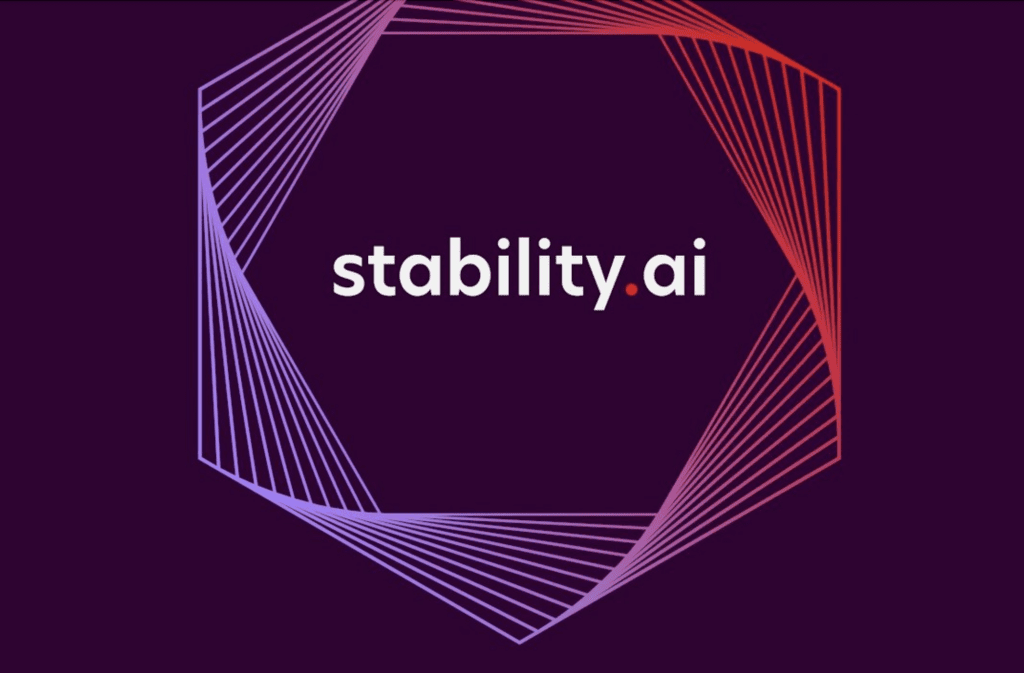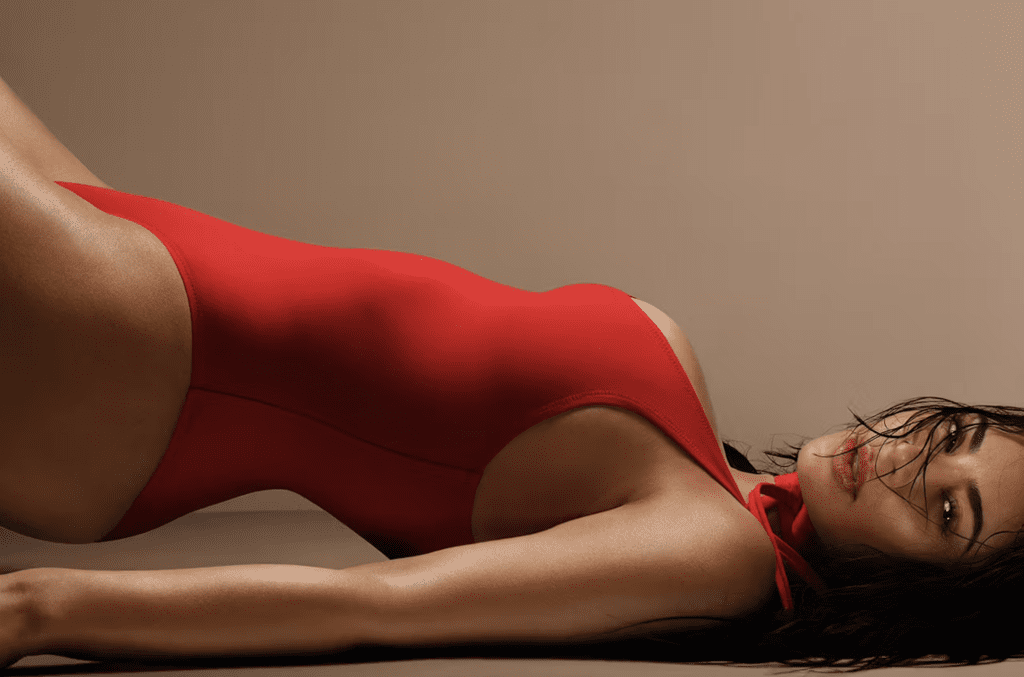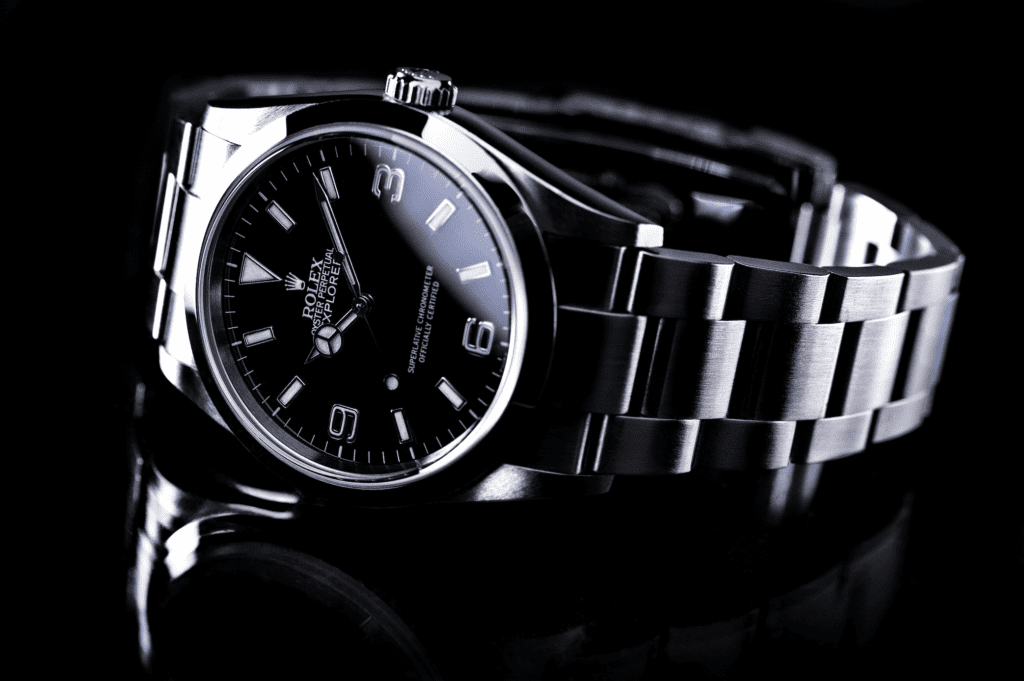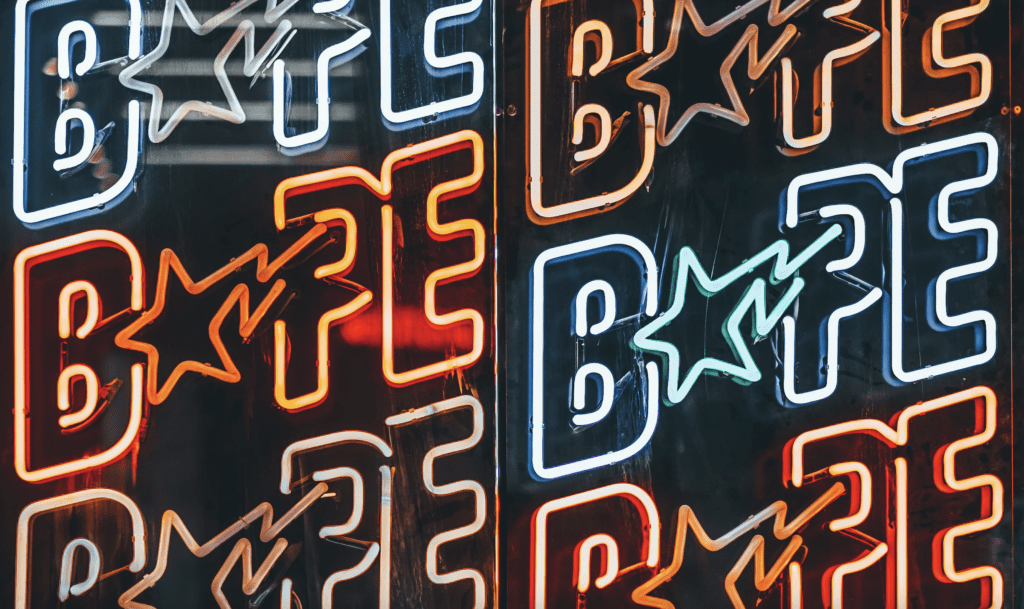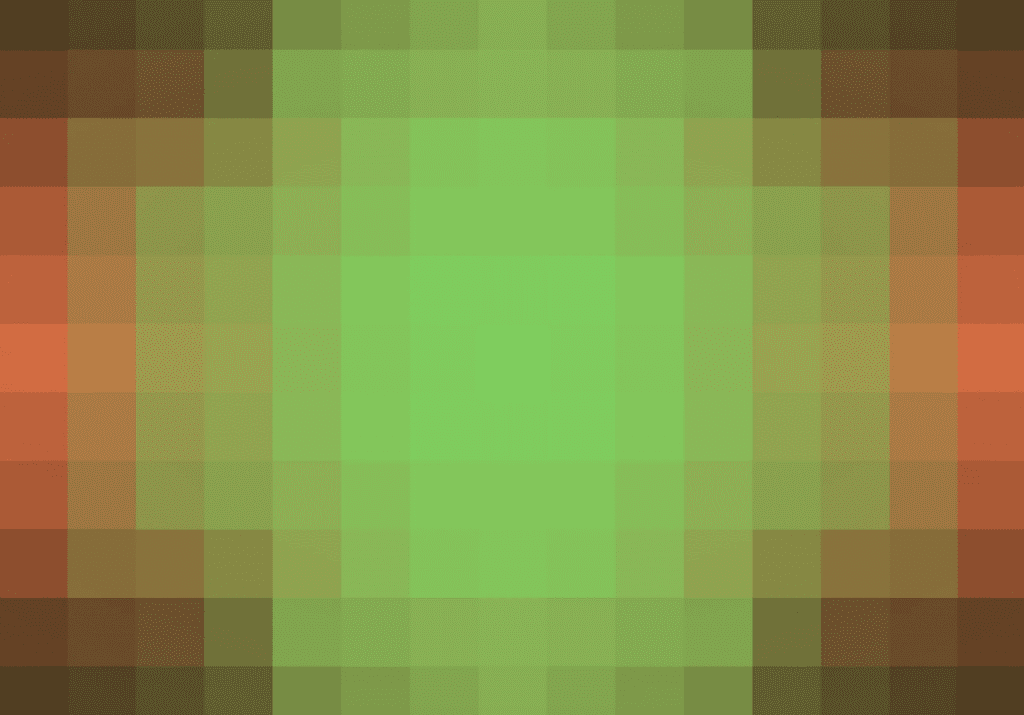A California federal court has sided with a group of artists in the latest round of the copyright case they waged against generative AI platform providers, Stability AI, DeviantArt, and Midjourney (collectively, the “defendants”). In an order on February 8, Judge William Orrick of the U.S. District Court for the Northern District of California denied DeviantArt’s special motion to strike Sarah Andersen, Kelly McKernan, and Karla Ortiz’s (the “plaintiffs”) right of publicity claims under California’s anti-SLAPP statute. According to the court, the public interest exemption applies here in light of the defendants’ alleged use of billions of artistic works (to train their AI models) and artists’ names to enable users to create specific outputs, and accordingly, the defendants cannot rely on California’s anti-SLAPP statute to shield themselves from liability.
Some Background: The plaintiffs filed suit against Stability, DeviantArt, and Midjourney in January 2023, accusing them of engaging in “blatant and enormous [copyright] infringement” by using their artworks – without authorization – to enable AI-image generators, including Stable Diffusion, to create what are being characterized as “new” images but what are really “infringing derivative works.” They also claimed that the defendants are running afoul of their rights of publicity by “using [their] names and advertis[ing] the [generative AI platforms’] ability to copy or generate works in the artistic style that [they] popularized in order to sell [the AI] products and services.”
The defendants pushed back against the lawsuit in respective motions to dismiss in April 2023, prompting the court to dismiss the bulk of the plaintiffs’ claims (including vicarious copyright infringement, Digital Millennium Copyright Act, right of publicity, California unfair competition law, and breach of contract) with leave to amend in October, while keeping Andersen’s critical copyright claim against Stability AI in place. In addition to its motion to dismiss, DeviantArt also lodged (and the other defendants joined) a special motion to strike in April, arguing that since the case against it “arises from ‘protected activity’ under California’s anti-SLAPP statute,” namely, its offering of an AI tool that “allows users to create new works of visual art referencing the style of existing, recognized artists,” the plaintiffs’ claims should be blocked by the anti-SLAPP statute.
The original trio of plaintiffs and a number of additional artists subsequently filed an amended complaint against Stability, Midjourney, DeviantArt, and new defendant Runway AI (whose clients range from New Balance and the New York Yankees to Microsoft and Google) in November. They alleged many of the same copyright-centric causes of action in their amended complaint but left out any right of publicity claims. (They have, however, alleged violations of the Lanham Act, including for false endorsement by “unauthorized commercial use of artists’ names.” They have also set out a new trade dress infringement cause of action, arguing that the defendants misappropriated “the trade dress and distinctive look and feel” of their works.)
In response, DeviantArt renewed its previously-rejected special motion to strike, asserting that its renewed motion “should be granted in light of the plaintiffs dropping the challenged claims and that it is entitled to its attorney fees [for its] initial and second motions.”
AI & the Public Interest Exemption
Fast forward to February 8 and Judge Orrick sided with the plaintiffs’ bid to block DeviantArt’s motion to strike on the basis that the public interest exemption to California’s anti-SLAPP statute applies. (California state law maintains that its anti-SLAPP statute does not apply to any action brought solely in the public interest or on behalf of the general public.”) Delving to the exemption and considering the three prongs required by California law, Judge Orrick held …
(1) In their initial complaint, the plaintiffs, “did not seek any relief with respect to the attacked right of publicity claims greater than or different from the relief sought for the class,” thereby, satisfying the first prong, which mandates that a plaintiff does not seek relief that is “more or different than the relief sought for the general public or class”;
(2) The “main debate between the parties,” per Judge Orrick, centers on the second prong, which requires that an “important right affecting the public interest would be furthered if the lawsuit were successful.”
> On this prong, the plaintiffs argue that if successful, their right of publicity claims would “enforce an important right affecting the public interest” given California’s long-standing statutory and common law policies protecting rights of publicity. How defendants’ commercially offered art-generation products could or could not use artists’ names – either associated with an artist’s style or using their names in connection with promoting the products – “is a significant, cutting-edge issue, [and] providing clarity about the scope of artists’ rights to contest use of their names in conjunction with those products would provide a significant benefit to artists in California.”
> DeviantArt countered, arguing, among other things, that in their original complaint, the plaintiffs “sought redress for misuse of their artistic styles, and not commercial misuse of their identities.”
Reflecting on the second prong, Judge Orrick stated that plaintiffs did, in fact, allege use of their names in support of their right of publicity claims. However, he noted that the right of publicity claims were dismissed because they failed to allege plausible facts about “each [of the] defendants’ use of each plaintiffs’ name in connection with advertising specifically and any other commercial interests of the defendants.” Had the plaintiffs alleged those facts, “they would have stated their claims,” the judge clarified.
“That does not undermine that their original right of publicity claims were based on the use of their names in connection with the sale or promotion of DreamUp, a type of claim that would undoubtedly enforce California’s public policy to protect against misappropriation of names and likenesses.”
Against that background, the court found that the plaintiffs similarly satisfied the second prong.
(3) Finally, the third prong was also met, according to the court, as “private enforcement is necessary and would otherwise place a disproportionate financial burden on the plaintiffs in relation to their stake in the lawsuit.” As demonstrated by the parties’ “passionate language about who is attempting to bludgeon whom with the anti-SLAPP motion … and given that the alleged use of billions of pieces of art were used to train the products, a plaintiff’s actual financial interest is seemingly insignificant when compared to the costs to litigate this type of action against well-funded defendants,” per Judge Orrick.
With the foregoing in mind, the court held that the public interest exception does, in fact, apply here, and he denied DeviantArt’s special motion to strike, as considered on the merits of the first complaint.
THE BIGGER PICTURE: In separate filings on February 8, each of the defendants lodged new motions to dismiss the plaintiffs’ amended complaint in the case that is watched closely due to its status as one of the early examples of plaintiffs waging – and a court considering – elements of both copyright and now trade dress infringement claims, as well as defenses like fair use, in connection with the use of generative AI.
The case is Sarah Anderson, et al., v. Stability AI LTD., et al., 3:23-cv-00201 (N.D. Cal.).




